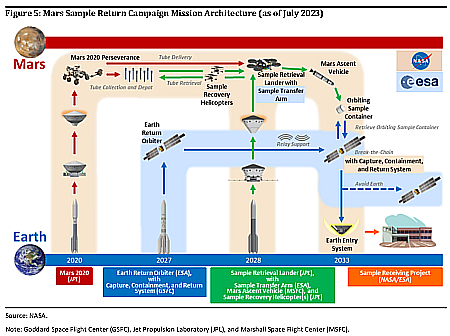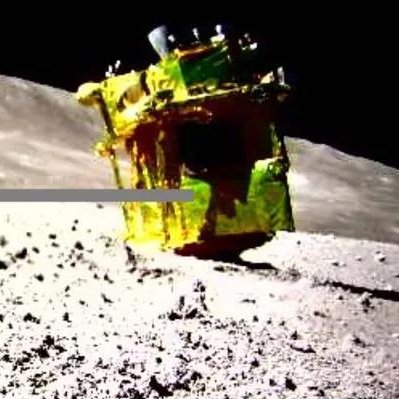SLIM put back to sleep for second lunar night
Engineers at Japan’s space agency JAXA have put their SLIM lunar lander back to sleep on February 29, 2024 with the hope it might survive its second night on Moon.
“Although the probability of failure will increase due to repeated severe temperature cycles, SLIM plans to try operation again the next time the sun shines (in late March),” the update from JAXA read, automatically translated from Japanese to English by Google.
Like Intuitive Machines Odysseus lunar lander, SLIM’s overall mission was a success, as it proved it could land automatically within a very small target zone and do so softly enough that it could send back data to Earth. The failures and problems experienced by SLIM, such as having a nozzle fall off causing it land sideways are simply fixes that can be instituted on future missions.
Engineers at Japan’s space agency JAXA have put their SLIM lunar lander back to sleep on February 29, 2024 with the hope it might survive its second night on Moon.
“Although the probability of failure will increase due to repeated severe temperature cycles, SLIM plans to try operation again the next time the sun shines (in late March),” the update from JAXA read, automatically translated from Japanese to English by Google.
Like Intuitive Machines Odysseus lunar lander, SLIM’s overall mission was a success, as it proved it could land automatically within a very small target zone and do so softly enough that it could send back data to Earth. The failures and problems experienced by SLIM, such as having a nozzle fall off causing it land sideways are simply fixes that can be instituted on future missions.












